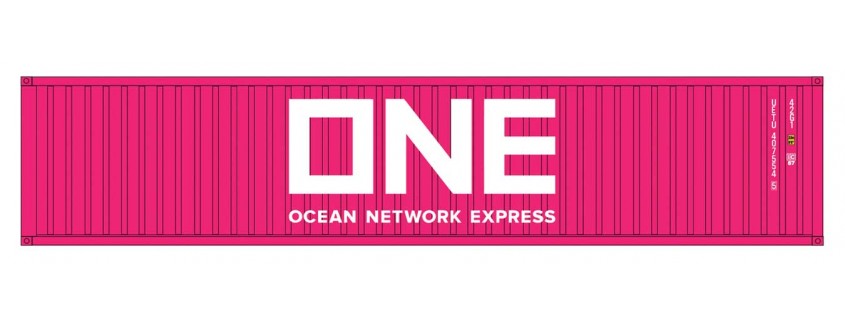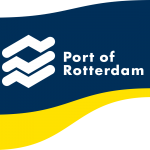Introduction of a carbon levy in the shipping industry must be done in a uniform, transparent and fair manner, Jeremy Nixon, CEO of Ocean Network Express (ONE) believes, reaffirming the industry’s pushback against a regional approach.
A carbon levy on bunker fuels is being proposed as a way of collecting financing to support the required research and development activities aimed at producing zero-emission solutions for the shipping sector to decarbonize.
The massive scale-up of new technologies and building up alternative fuel industry(es) in the next couple of decades is expected to cost over a trillion dollars. Hence, a market-based measure needs to be introduced to bridge the investment gap to back the switch to new fuels.
An industry coalition led by BIMCO, ICS, CLIA, INTERTANKO, WSC, IPTA and INTERCARGO, proposed to the IMO the establishment of a $5 billion worth IMO GHG reduction research and development program.
The core funding would be collected via a mandatory R&D contribution per tonne of fuel oil purchased for consumption.
The support for a global carbon levy or R&D collection is building up with industry majors like MSC, Trafigura, and BW Group backing the initiative.
However, since this measure along with clear action plans to decarbonize the sector are yet to be considered and adopted, the EU under its Green Deal policy wants to include shipping in its emission trading system. The move has been severely criticized by the industry as counter-productive.
“We are ready to self tax ourselves as an industry, we are ready to step up and start paying these bunker taxes and pull in those to a Research and Development Committee within a global, unified standard,” Nixon said while speaking earlier today in a webinar hosted by the International Chamber of Shipping titled What will be the new norms? Planning for an uncertain future.
“What we can’t have is this individual, regional approach that will bring down the uniformity of our trading system as we won’t be able to predict what we have to do and be able to actually manage that.”
Nixon was echoing the sentiment voiced by the Greek Minister of Shipping Giannis Plakiotakis, who insisted that certain sectors such as shipping, which have an international nature, require international rules.
Including shipping into the EU ETS could do more harm than good, as EU’s trade partners are likely to resort to retaliation measures, the Minister explained, undermining the global work at the IMO.
Two parallel systems, like the one with the global data collection system and the EU MRV regulation, do not serve international shipping and should be abandoned, he pointed out.
In that context, the Greek Minister voiced support for the industry proposal aiming to establish an IMO-led $5 billion R&D fund financed by the shipping industry through a surcharge on bunker fuels.
Decarbonization of the shipping industry presupposes the existence of financial support from the governments and the banking sector.
However, shipping financing has been depleting over the past few years as numerous banks decided to restrict their exposure to the sector due to a rise in non-performing loans.
Coupled with the impact of the ongoing pandemic and global recessions, a market-based measure to help bridge the investment gap to switch to alternative fuels and adopt zero-emission technologies is more important than ever.
Source: Offshore Energy






